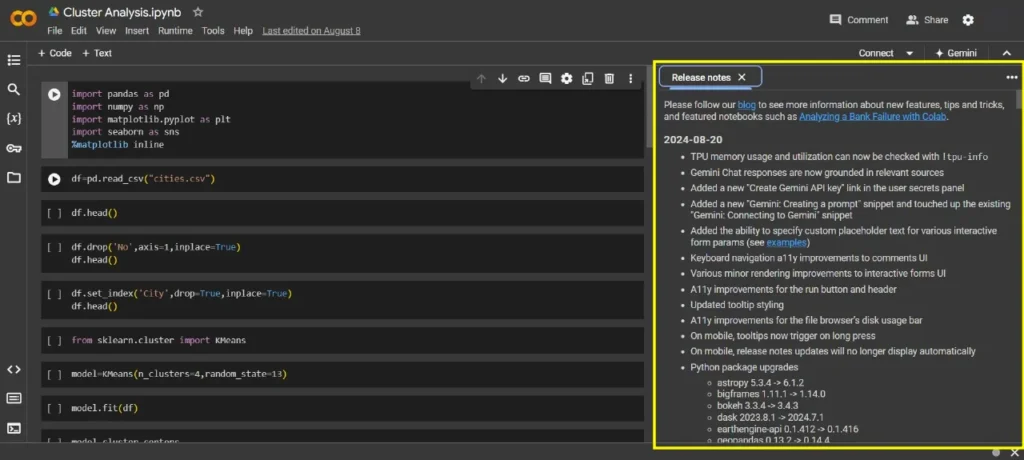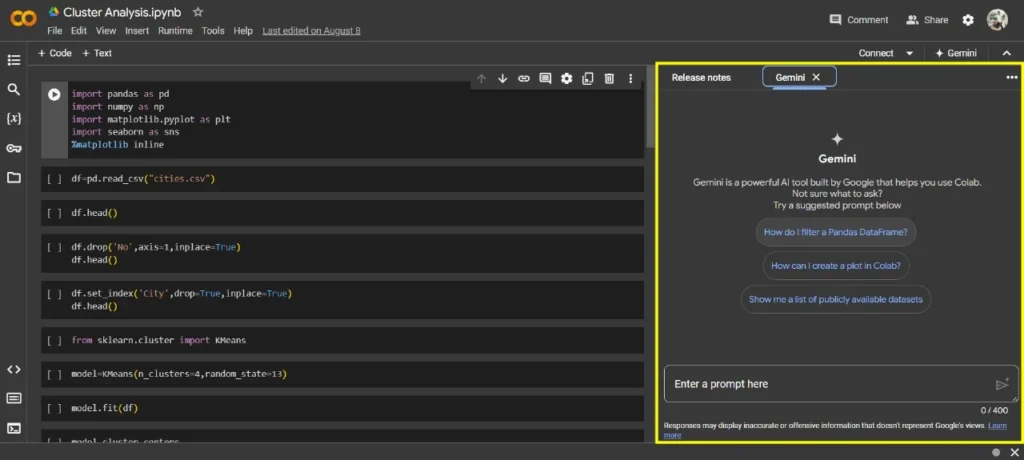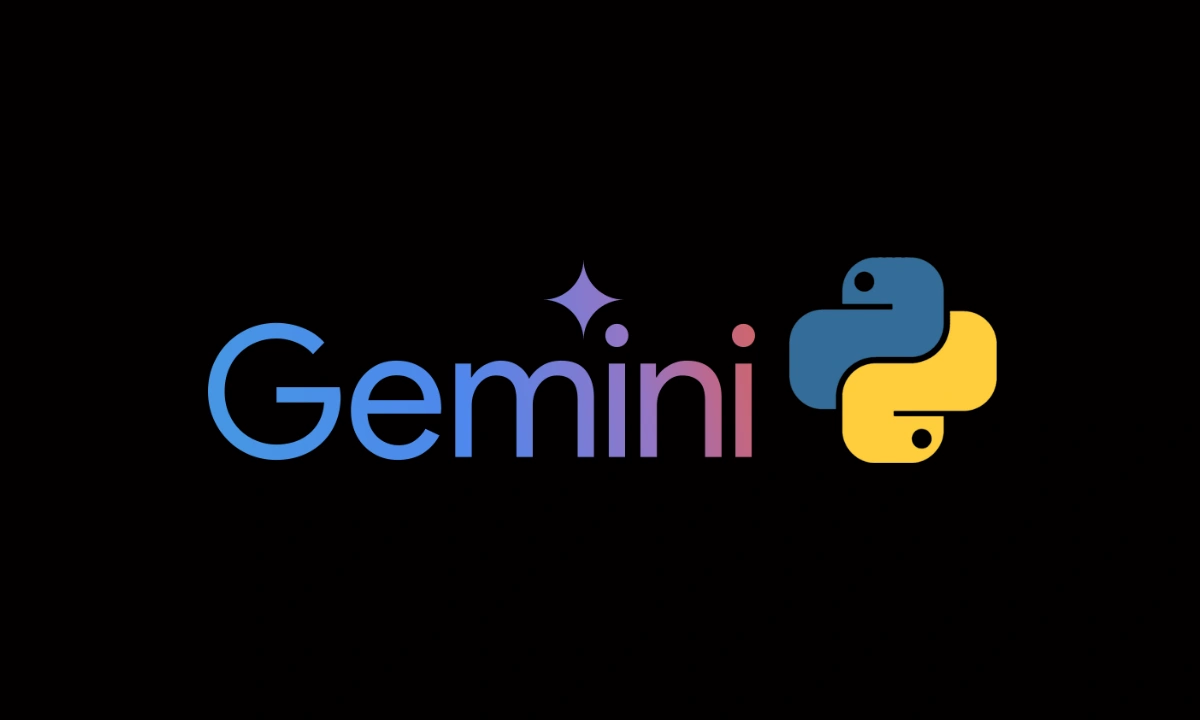The Gemini AI model developed by Google, has been built to be integrated with such programming languages and DS tools as Python and Jupyter notebooks. This is beneficial for developers and data scientists as they can import the model and use it for tasks such as data analysis, and machine learning among others within the Jupyter Notebook.
Installation and Setup Process of Jupyter Notebook on Gemini
To begin with, one should introduce a virtual space for working in Python. It is also important to consider using tools such as ‘virtualenv’ or ‘conda’ in managing the dependencies since it will be easier to maintain an isolated environment.
Installing Jupyter Notebook is also easy and you can download it using the command pip install notebook or open the application using Jupyter Notebook. Tying the Gemini into your Python environment might need installing some particular libraries or APIs, which should be provided by Google. These could include TensorFlow; which serves to interface users with AI models such as the Gemini.
Make use of Data Science and Machine Learning models
While coding in Jupyter Notebook you have the option of using Pandas and NumPy for data manipulation and preparation. This makes developing machine learning models by using Gemini, an ideal platform where one can expand the use of GPU for computational optimization in the absence of such capability.
Of course, it’s possible to integrate the developed model with Jupyter to make the machine-learning process more efficient and experimental. All these things can be done in one notebook by taking advantage of the interactivity of Jupyter.

- API Integration: Should Gemini provide APIs for such operations, you can use these APIs in a notebook to apply the capabilities provided by Gemini in your applications.
- Custom Model Development: For more advanced users you may extend machine learning pipelines, integrate Gemini models, and even deploy them from your Jupyter notebook.
Another key development of Gemini is also concerned with Jupyter notebooks, and cloud-based settings such as Google Colab as well. Colab is a Jupyter Notebook platform hosted on Google Cloud and with free access to GPUs, which will facilitate work on big projects in AI without the need for a high-performing computer. This is especially useful with groups since notebooks can be passed around and modified as well as being run and managed in the cloud.

Gemini Python Jupyter Notebook Support
One can state that Google’s Gemini AI model is easy to use and works well with Python and Jupyter notebooks, which will make it a viable and convenient tool for developing and implementing solutions based on machine learning. The combination relieves the local exchange improves productivity and supports experimentation regardless of whether you are in the local territory or the cloud territory.
